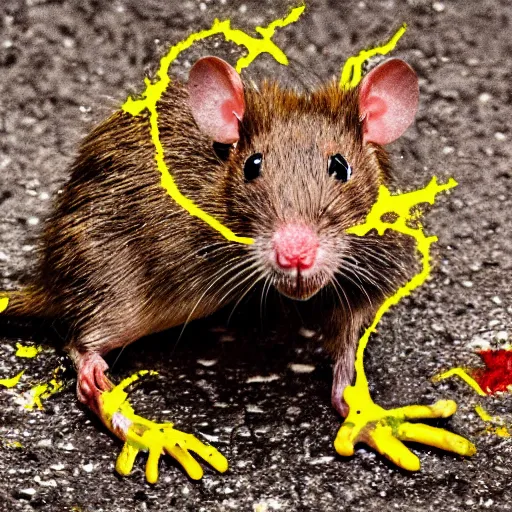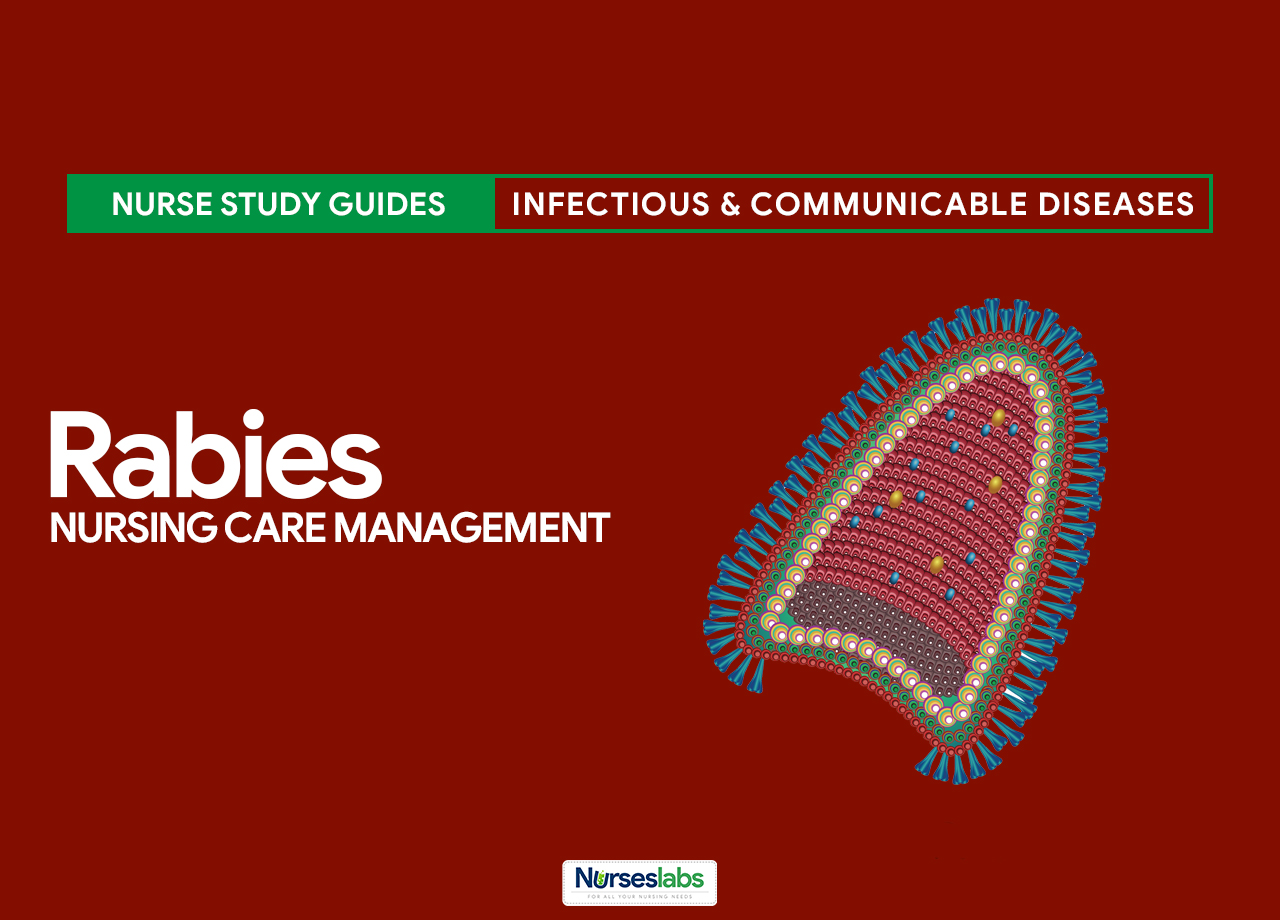Hamsters are adorable and popular pets, often cherished for their playful personalities and cuddly nature. But, like any animal, they can potentially carry diseases, including rabies. This raises a crucial question for concerned hamster owners: do hamsters actually get rabies? While the answer isn’t a simple yes or no, it’s important to understand the complex relationship between hamsters, rabies, and the risk it poses.
This article explores the science behind rabies transmission, the likelihood of hamsters carrying the virus, and provides practical advice for preventing potential exposure.
>> READ MORE:
- The Naked Truth Why is My Hamster Losing Hair?
- Choosing the Best Hamster Food A Comprehensive Guide
- The Big Hamster A Giant Among Rodents
- The Ultimate Guide to Setting Up a 40-Gallon Tank for Your hamster
Understanding Rabies and its Transmission

Rabies is a viral disease that affects the nervous system of mammals. It is primarily transmitted through the saliva of infected animals, usually through bites or scratches. The virus attacks the central nervous system, causing inflammation in the brain and ultimately leading to paralysis and death if left untreated.
Rabies can be found in various wild animals, such as raccoons, bats, foxes, skunks, and coyotes. These animals often act as reservoirs for the virus, spreading it to other animals through bites or scratches. However, domesticated animals, including dogs, cats, and even livestock, can also carry and transmit the virus. So, where do hamsters fit into this picture?
Rabies in Rodents: A Rare Occurrence

While hamsters are considered rodents, they are not significant carriers of rabies like other rodent species, such as rats and mice. In fact, there have been very few reported cases of rabies in hamsters. According to the Centers for Disease Control and Prevention (CDC), there has only been one documented case of a rabid hamster in the United States in recent years.
The reason for this is that hamsters are not common hosts for the virus. Unlike other wild animals, hamsters tend to live in controlled environments, such as cages or enclosed habitats, limiting their exposure to potential carriers of the virus. Additionally, hamsters are not known to exhibit aggressive behaviors or engage in fights, which are common ways for rabies to spread among animals.
However, while the chances of a pet hamster contracting rabies are slim, it is still possible for them to become infected. This could occur if a wild animal carrying the virus were to enter their habitat and attack them, or if a domesticated animal that has contracted the virus were to come into contact with them.
Symptoms of Rabies in Hamsters

Symptoms of rabies in hamsters are similar to those seen in other animals. These may include changes in behavior, excessive drooling, difficulty swallowing, paralysis, and eventually death. However, these symptoms can also be indicative of other health issues, making it challenging to diagnose rabies in a hamster without proper testing.
If you suspect that your hamster may have been exposed to rabies, it is essential to seek veterinary care immediately. A vet can perform tests to confirm the presence of the virus and provide appropriate treatment options.
Prevention and Treatment of Rabies in Hamsters
The best way to prevent rabies in hamsters is to limit their exposure to potential carriers of the virus. This includes keeping them indoors and away from wild animals and unvaccinated domesticated animals. It is also crucial to practice good hygiene when handling your hamster, washing your hands before and after any interaction, and keeping their living area clean and free of potential sources of contamination.
In the rare case that your hamster does contract rabies, there is no known cure for the disease. However, supportive care can help manage the symptoms and prolong the hamster’s life. The most effective way to prevent rabies from being fatal is through vaccination. If you live in an area where rabies is prevalent, it is essential to ensure that your hamster is up-to-date on their vaccinations.
Responsible Hamster Ownership and Rabies Prevention

As responsible pet owners, it is our responsibility to ensure the health and well-being of our furry friends. While the risk of rabies in hamsters is low, it is still crucial to take preventive measures to protect them and ourselves. Along with following the prevention methods mentioned above, here are a few additional tips to keep in mind:
- Educate yourself about the signs and symptoms of rabies in hamsters.
- Do not handle wild animals or allow your hamster to come into contact with them.
- Keep your hamster’s living area clean and sanitized.
- Avoid overcrowding by keeping only one hamster per habitat.
- Keep your hamster’s vaccination records updated.
By being proactive and taking precautions, we can minimize the chances of our beloved pets ever encountering rabies.
Conclusion
In conclusion, while hamsters are at a low risk of contracting rabies, it is still possible for them to become infected under certain circumstances. It is crucial to be aware of the signs and take preventive measures to protect both our pets and ourselves. With proper care, responsible ownership, and regular veterinary check-ups, we can provide our hamsters with a safe and healthy environment to thrive in. Remember, if you suspect that your hamster may have been exposed to rabies, seek immediate veterinary care for proper testing and treatment.

